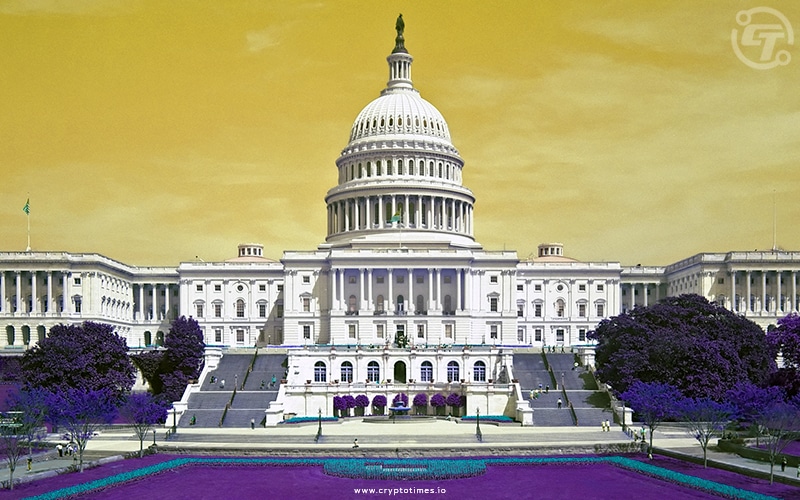On April 28, a bipartisan group of lawmakers in Washington, presented an updated bill to bring regulations on cryptocurrency developers, dealers, exchanges and stablecoin providers under United States Commodity Futures Trading Commission (CFTC).
The Digital Commodity Exchange Act of 2022 (DCEA) was re-introduced to Congress by Republicans Glenn Thompson and Tom Emmer with support from Democrat co-sponsors Darren Soto and Ro Khanna.
The reformed bill consists of a section discussing stablecoin providers, who can be registered as a “fixed-value digital commodity operator”.
These providers are required to share how the stablecoin operates, maintaining records for the regulator. They must provide information on the assets supporting the “fixed-value digital commodity” and how they’re secured.
As per the last bill, the DCEA would allow the CFTC to register and regulate cryptocurrency exchanges offering spot trading of crypto products that allow traders to buy cryptocurrencies at the current price.
The DCEA would not touch the U.S. Securities and Exchange Commission’s (SEC) monitoring power over digital asset securities offerings but on the contrary, classify cryptos that are not securities as digital commodities to be brought under regulation by the CFTC.
Crypto exchanges would be brought under the rules for listing new cryptocurrencies on their platforms. Exchanges must show the crypto is “not readily susceptible to manipulation” by testing and analyzing its “purpose, functionality, governance structure, distribution, and participation”.
According to the bill, developers of cryptocurrencies can willingly register with the CFTC and share information required for public trading and listing on an exchange.
The co-sponsors of the bill said that the bill would help with easing the existing uncertainty of the current rules.
Rep. Thompson addressed that issue in a press conference, stating, “This rapidly evolving marketplace is currently subject to an inefficient and inconsistent patchwork of regulatory regimes at both the state and the federal levels.”
While Rep. Khanna said, “No one is asking for different rules. They’re just asking to understand what the rules are.”
Soto explained, “Regulatory clarity is critical for digital commodity markets to promote innovation and consumer protection. Innovators are spending up to fifty percent of start-up costs on legal fees because of the current regulatory ambiguity between what is a security and what is a commodity.”
Just a day ago, CFTC was in the news when it revealed its plans to hold a roundtable discussion to consider FTX.US’ proposal for directly clearing the trades of its derivatives customers.






